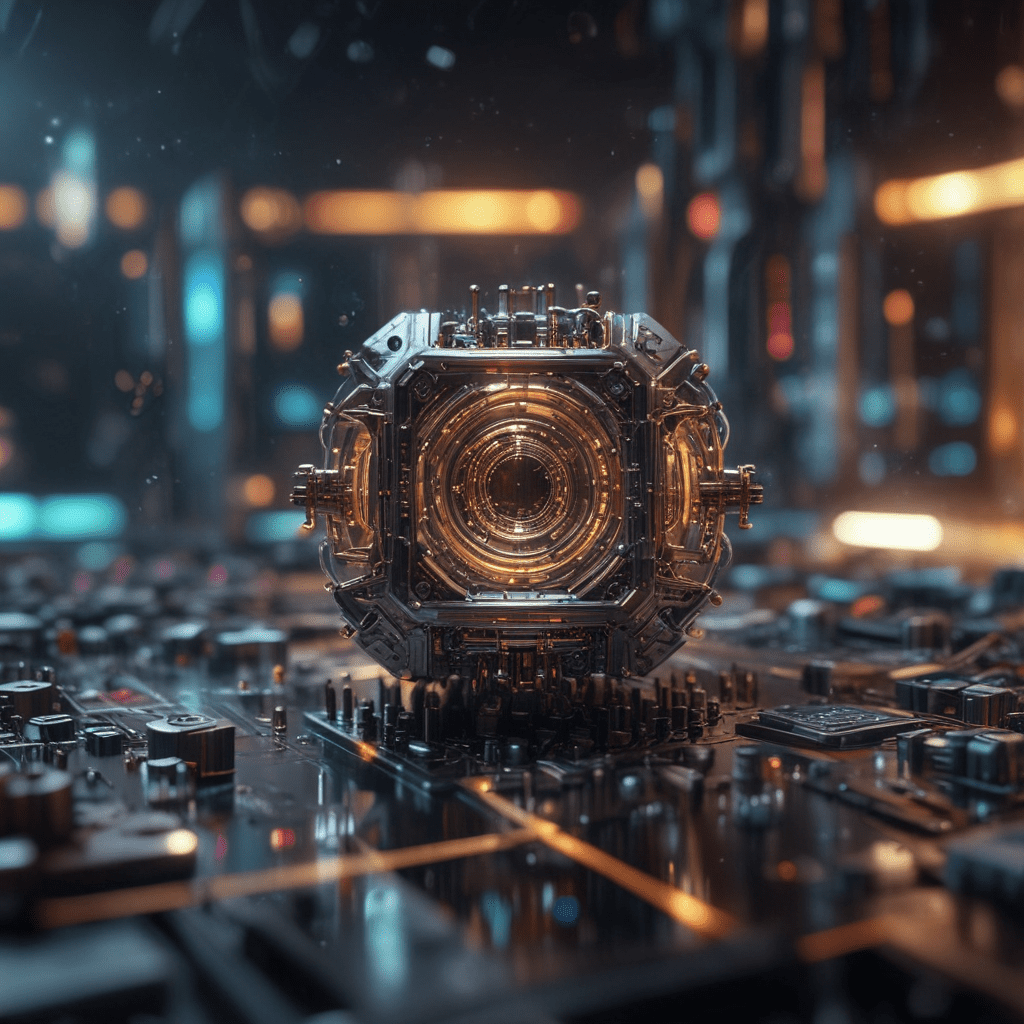
The Role of AI in Advancing Space Exploration
## Introduction
The vast unknown expanse of space has always held a profound allure for humanity. Driven by an unquenchable thirst for knowledge and a desire to push boundaries, we have ventured beyond our terrestrial home, embarking on extraordinary voyages of discovery. In recent times, artificial intelligence (AI) has emerged as a transformative force in the field of space exploration, playing an ever-increasing role in revolutionizing the way we navigate the cosmos.
AI-powered Space Exploration Technologies
AI-powered technologies have significantly enhanced our capabilities in space exploration, enabling us to explore further and delve deeper into the mysteries of the universe. These technologies include:
- Autonomous navigation and control systems: AI algorithms are being developed for spacecraft guidance, maneuvering, and trajectory optimization. These systems allow for autonomous navigation, enabling spacecraft to make real-time decisions without the need for constant human intervention.
- Data analysis and decision-making: The vast amounts of data collected during space missions are being processed and analyzed using AI techniques, allowing scientists to extract meaningful insights and make data-driven decisions. AI can detect patterns, identify anomalies, and predict future outcomes, providing invaluable support in complex space operations.
- Resource exploration and utilization: AI algorithms are being used to analyze geological data and identify potential sources of resources, such as water ice and minerals, on other celestial bodies. This information is crucial for future missions and the establishment of sustainable human presence in space.
Autonomous Navigation and Control Systems
Autonomous navigation and control systems are essential for exploring distant and hazardous regions of space. AI algorithms can analyze sensor data, identify obstacles and threats, and plan safe trajectories for spacecraft. This allows for more efficient and precise missions, reducing the risk of human involvement in dangerous environments.
AI for Data Analysis and Decision-Making
The analysis of data collected from space missions is a critical aspect of scientific discovery. AI can analyze this data more effectively than humans, detecting subtle patterns, identifying anomalies, and predicting future events. This is particularly important in analyzing data from telescopes, analyzing images of distant planets, and detecting signs of life beyond Earth.
6. AI for Space Robotics and Maintenance
Space robots are playing an increasingly important role in exploration and maintenance tasks. AI-powered robots can handle complex tasks such as repairing satellites, assembling structures, and conducting scientific experiments. These robots can operate autonomously, reducing the need for human intervention and allowing for greater efficiency and safety in space missions.
7. AI for Communication and Collaboration
Communication and collaboration are critical aspects of space exploration. AI-powered systems can facilitate communication between astronauts, scientists, and mission control teams on Earth. AI can also assist in language translation, allowing for communication with potential extraterrestrial intelligence. Additionally, AI can be used to manage large datasets and ensure efficient collaboration among researchers across the globe.
8. Ethical Considerations of AI in Space Exploration
The use of AI in space exploration raises ethical considerations. It is crucial to ensure that AI systems are developed and deployed responsibly, with due consideration for human values and safety. Furthermore, AI should not replace human decision-making but should rather enhance human capabilities and augment our decision-making processes.
9. Future Trends and Challenges
The future of AI in space exploration is bright. AI algorithms are expected to become even more sophisticated, enabling more complex and ambitious missions. However, there are also challenges that need to be addressed. These include ensuring the reliability and safety of AI systems, developing robust AI systems that can operate in the harsh conditions of space, and establishing ethical guidelines for the use of AI in space exploration.
10. Conclusion
AI has revolutionized the field of space exploration, enabling us to explore further, delve deeper, and make new discoveries. As AI continues to evolve, we can expect even more transformative advances in the years to come. AI will play a critical role in helping us answer fundamental questions about the universe, search for life beyond Earth, and ultimately expand humanity's presence in the cosmos.
Frequently Asked Questions (FAQ)
- What are the benefits of using AI in space exploration?
AI can automate tasks, improve data analysis, enhance decision-making, and facilitate communication and collaboration.
- What are the challenges of using AI in space exploration?
Challenges include ensuring the reliability and safety of AI systems, developing robust AI systems that can operate in harsh conditions, and establishing ethical guidelines for the use of AI.
- What are the future trends of AI in space exploration?
Future trends include the development of more sophisticated AI algorithms, enabling more complex and ambitious missions.
- What are the ethical considerations of using AI in space exploration?
It is crucial to ensure that AI systems are developed and deployed responsibly, with due consideration for human values and safety. AI should not replace human decision-making but should rather enhance our capabilities and augment our decision-making processes.

